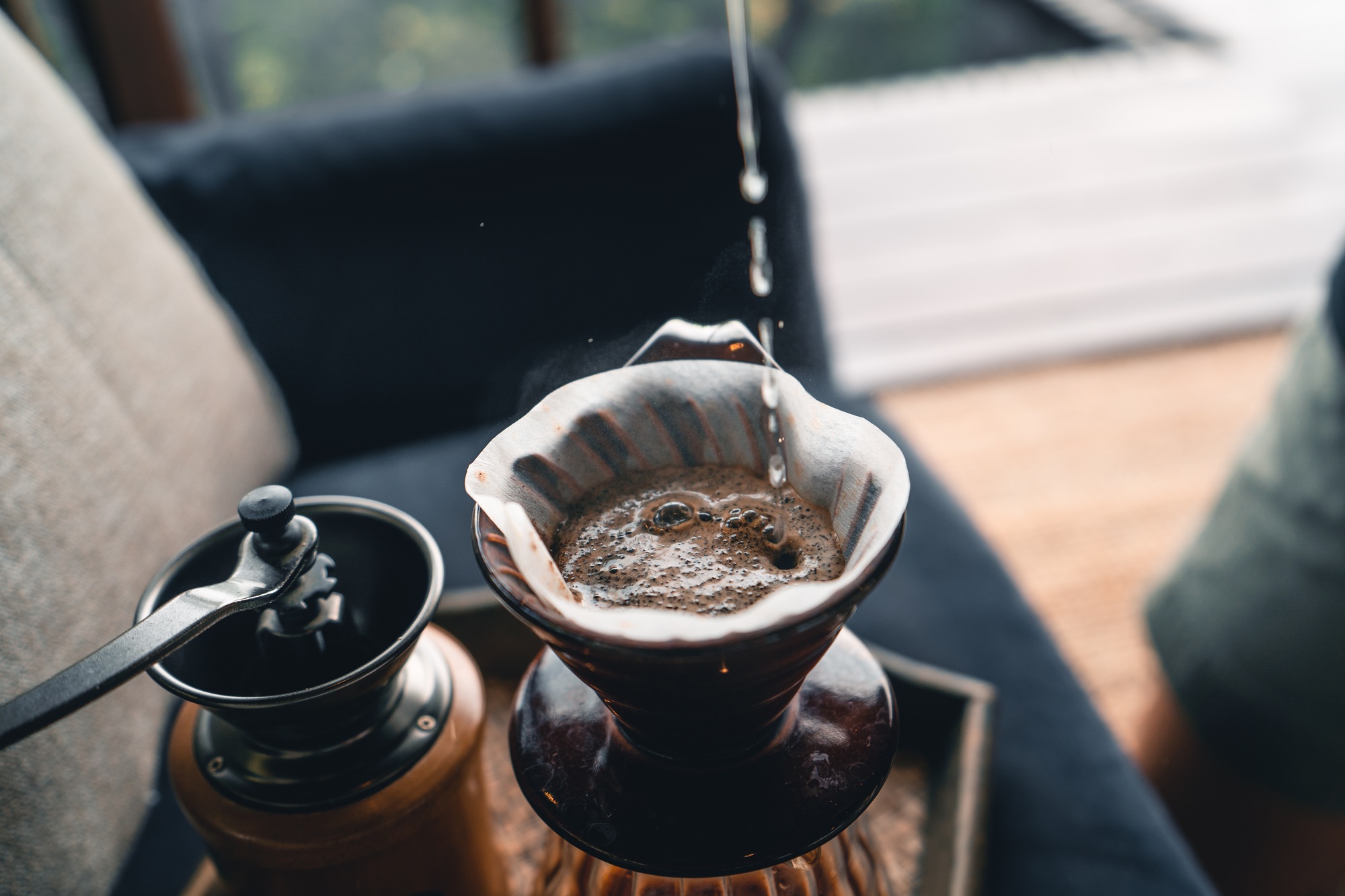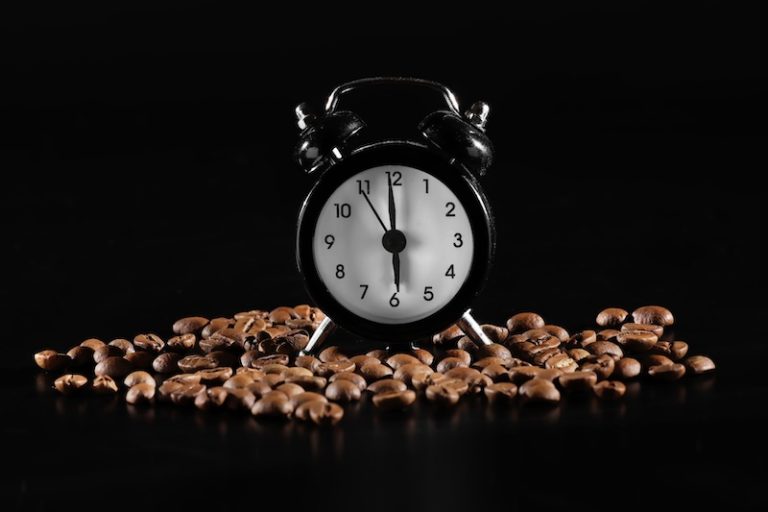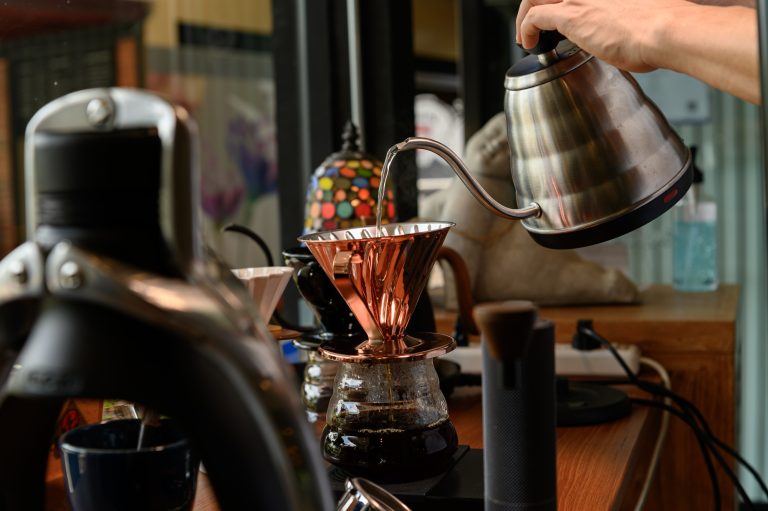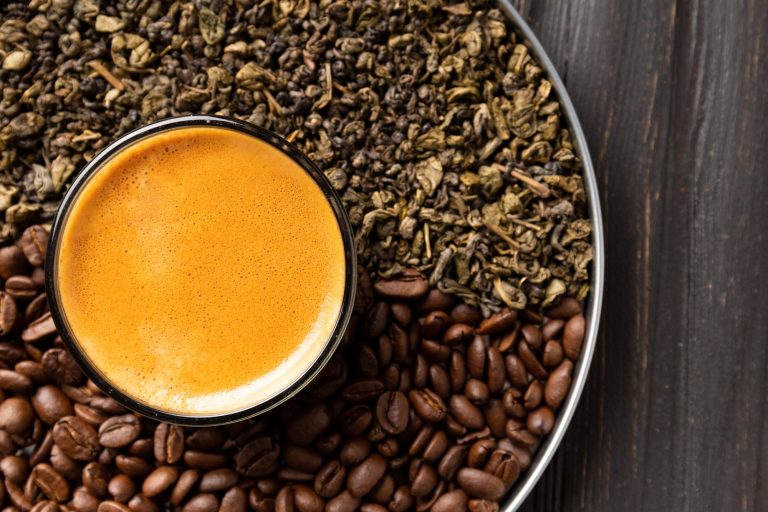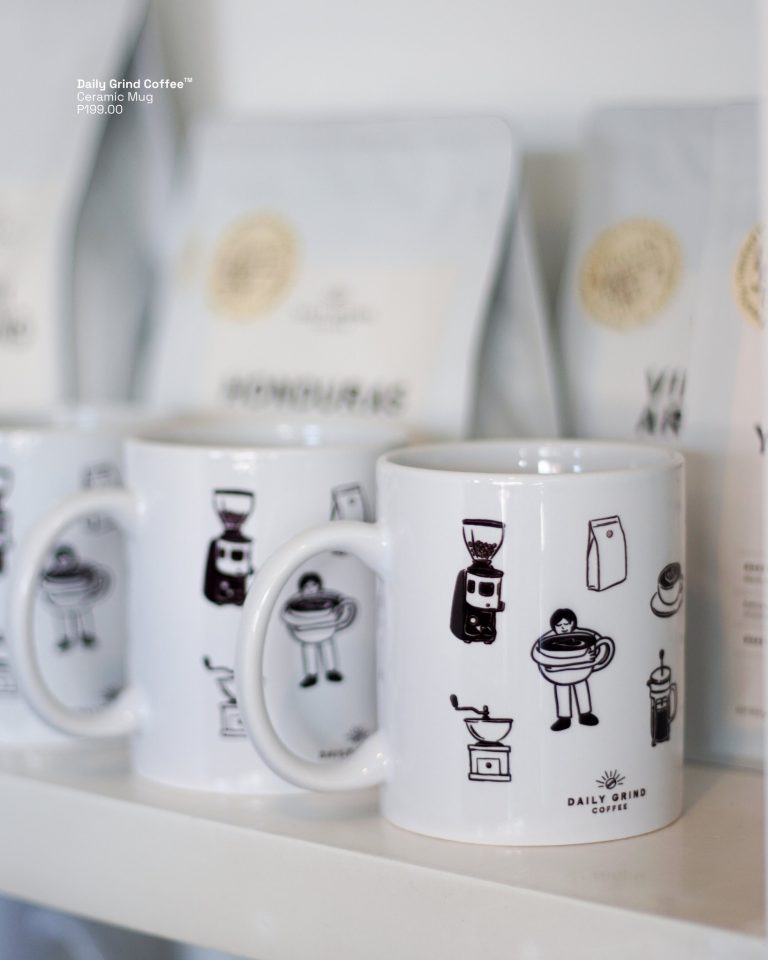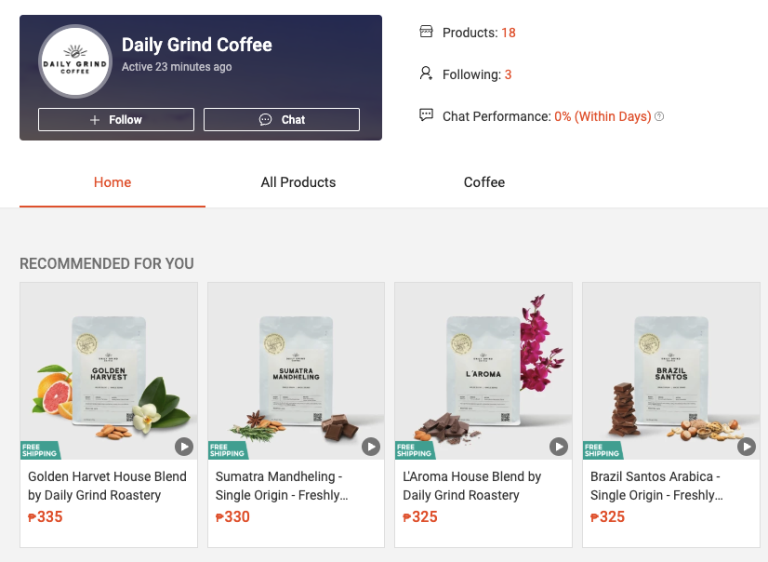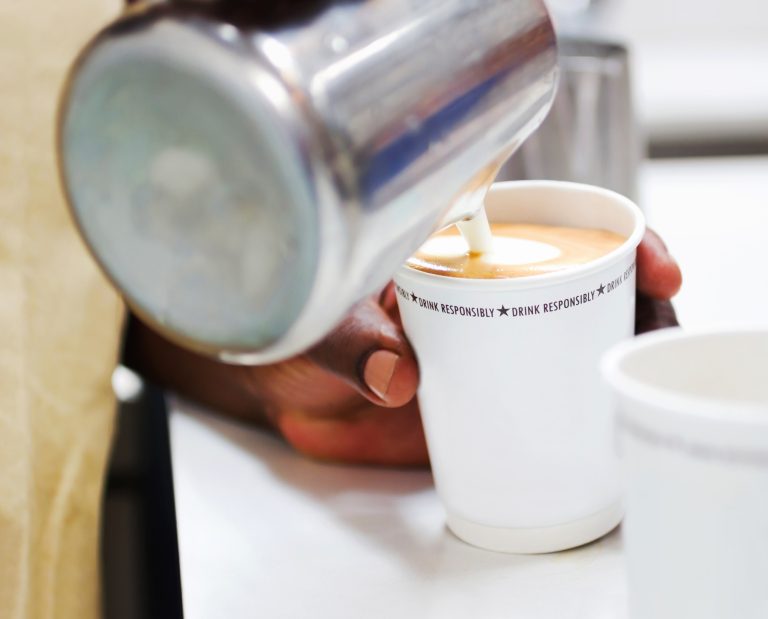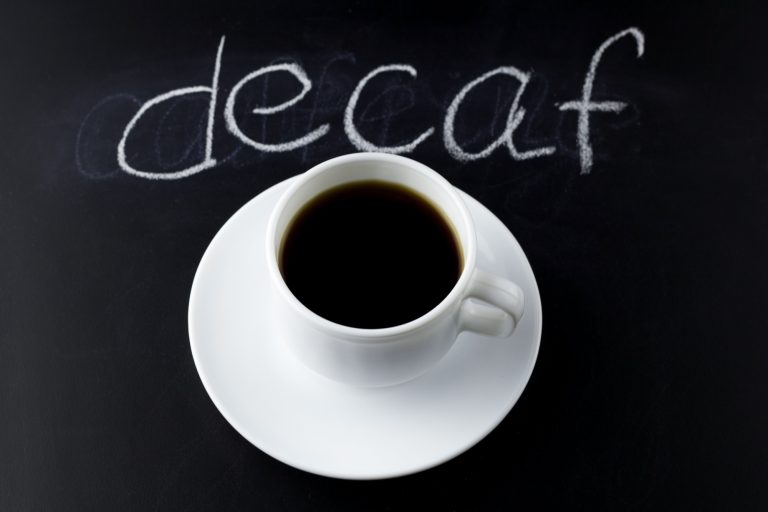Coffee isn’t just a morning pick-me-up—it’s a fascinating beverage steeped in history, science, and global culture. Whether you’re a die-hard coffee aficionado or just enjoy the occasional cup, these 10 fun facts about coffee will surprise you and deepen your appreciation for every sip.
Grab your favorite brew, sit back, and let’s dive into some coffee trivia that you probably never heard before!
1. The Legendary Discovery by a Goat Herder
The Origin Story
Legend has it that coffee was discovered by an Ethiopian goat herder named Kaldi. While tending his flock, Kaldi noticed his goats frolicking energetically after eating bright red berries from a certain bush. Curious about their unusual behavior, he decided to try the berries himself and soon experienced a burst of energy.
Why It Matters
- Historical Significance: This tale symbolizes the serendipitous origins of coffee, linking nature with human curiosity.
- Cultural Impact: The story is celebrated in many parts of Ethiopia, where coffee plays a central role in social and cultural life.
Fun Tidbit
Many modern coffee shops display artistic renditions of Kaldi and his goats as a nod to this fascinating origin.
2. Coffee Beans Aren’t Really Beans
A Botanical Twist
Despite the name, coffee “beans” are not beans at all—they are the seeds of the coffee cherry. The term “bean” likely came from their resemblance to true beans, but botanically, they belong to a completely different family.
Quick Facts
- Fruit, Not Legume: Coffee seeds grow inside the fruit of the Coffea plant, similar to how a peach pit sits inside the fruit.
- Processing Methods: Depending on the region, these seeds are processed using either a wet or dry method, both impacting the final flavor.
Did You Know?
When you sip your cup of coffee, you’re actually enjoying the flavor of roasted and ground coffee cherries!
3. Coffee’s Controversial Past: Banned and Scorned
Once Considered Dangerous
Coffee has had a tumultuous history. At various points in time and across different cultures, it was banned for its stimulating effects. In the 16th and 17th centuries, some religious and political authorities viewed coffee with suspicion, deeming it an intoxicant that could incite rebellion.
Historical Examples
- The Ottoman Empire: Coffeehouses were occasionally closed or regulated because they were seen as hubs of political dissent.
- European Skepticism: In certain parts of Europe, coffee was initially labeled as the “bitter invention of Satan.”
Reflection
These bans and controversies highlight how coffee has always been more than just a drink—it has been a symbol of social interaction and intellectual freedom.
4. The Birthplace of the Coffeehouse Culture
A Hub for Conversation
The world’s first coffeehouse opened in Istanbul in the 16th century. These establishments quickly became centers for intellectual exchange, where patrons would discuss politics, literature, and science over a cup of coffee.
Coffeehouses Then and Now
- Then: Known as “qahveh khaneh,” these venues were essential meeting places for scholars and artists.
- Now: Modern coffeehouses continue to serve as creative spaces where ideas flow as freely as the coffee.
Did You Know?
Some of today’s most innovative ideas and movements trace their roots back to these early coffeehouses!
5. Coffee: A Global Commodity with a Massive Market
Economic Impact
Coffee is one of the most traded commodities in the world, second only to oil. It plays a critical role in the economies of many countries, particularly in Latin America, Africa, and Asia.
Key Statistics
- Global Trade: Over 25 million farmers across the globe cultivate coffee, making it a vital source of income for millions.
- Daily Consumption: Approximately 2.25 billion cups of coffee are consumed every day worldwide.
Insight
The sheer scale of the coffee industry underscores its cultural and economic importance. It’s not just a drink—it’s a global phenomenon!
6. The Energy Boost: Coffee as a Natural Performance Enhancer
Science Behind the Buzz
Caffeine, the key active ingredient in coffee, is a natural stimulant that works by blocking adenosine, a neurotransmitter that promotes sleep. This results in increased alertness and improved cognitive function.
Benefits Beyond Wakefulness
- Physical Performance: Caffeine has been shown to improve athletic performance by enhancing muscle contractions and reducing perceived effort.
- Mental Clarity: Studies indicate that coffee consumption can help improve concentration and reaction times.
Pro Tip
For those needing an extra boost during a workout or a long day at the office, a cup of coffee might be just the pick-me-up you need!
7. Beyond Arabica and Robusta: A World of Coffee Species
Diversity in a Cup
While most of us are familiar with Arabica and Robusta, did you know there are over 800 species of coffee? These lesser-known varieties are studied for their unique flavors and genetic diversity, which could be key to developing more resilient coffee plants in the future.
Exploring the Variety
- Arabica: Known for its delicate flavor and lower caffeine content.
- Robusta: Stronger and more bitter, with higher caffeine content.
- Wild Species: Many wild coffee species are being researched for their potential to improve crop resistance and flavor profiles.
Conservation Message
Exploring and preserving the genetic diversity of coffee not only enriches our palate but also ensures the future sustainability of coffee farming.
8. The Curious Case of Kopi Luwak: Coffee Made from Animal Excrement
An Exotic Delicacy
One of the most unusual—and expensive—types of coffee in the world is Kopi Luwak, produced from coffee cherries that have been eaten and subsequently excreted by the Asian palm civet.
How It Works
- Fermentation Process: The beans undergo a unique fermentation process in the animal’s digestive tract, which alters their chemical composition and enhances their flavor.
- Rarity and Cost: Due to its unconventional production method, Kopi Luwak is extremely rare and can command exorbitant prices.
Ethical Considerations
While Kopi Luwak offers a fascinating twist on coffee production, it also raises important ethical and sustainability questions about animal welfare and production practices.
9. Coffee’s Remarkable Ability to Stimulate Your Brain
The Neurochemical Impact
Beyond its obvious ability to wake you up, coffee affects your brain in several interesting ways. Caffeine increases dopamine production, often referred to as the “feel-good” hormone, which can elevate your mood and even enhance learning and memory.
Health Insights
- Neuroprotection: Some studies suggest that regular coffee consumption may reduce the risk of neurodegenerative diseases like Parkinson’s and Alzheimer’s.
- Cognitive Benefits: Moderate coffee consumption has been linked to improved cognitive performance and a lower risk of depression.
Takeaway
Your daily cup of coffee might be doing more than just keeping you alert—it could also be helping your brain stay sharp!
10. Decaf Doesn’t Mean Caffeine-Free
The Decaf Dilemma
Ever wondered if decaf coffee is completely free of caffeine? The answer is no. Decaffeinated coffee is simply coffee that has had most of its caffeine removed. It still contains a small percentage of caffeine—typically about 2-5% of the original amount.
Why It Matters
- For the Sensitive: For those who are caffeine-sensitive or enjoy coffee later in the day, decaf provides a way to enjoy the flavor without the full stimulant effect.
- Myth Busting: It’s important to note that decaf still offers many of the antioxidants and flavors of regular coffee, just with less caffeine.
Fun Fact
Even if you switch to decaf, you can still enjoy the complex and rich taste of your favorite brew without worrying about too much caffeine!
More Than Just a Beverage
Coffee is a complex beverage with a rich history and an array of fascinating facts waiting to be uncovered. From its legendary discovery by a goat herder to its current status as a global commodity, every cup of coffee carries a story of innovation, culture, and scientific intrigue.
Enhancing Your Coffee Experience
Explore more on our homepage to learn about our journey and passion for coffee. If you’re craving a delightful cup paired with delicious bites, check out our Coffee & Food Menu for a taste of what awaits you.
Brew Up More Surprises: Continue Your Coffee Journey!
Every cup of coffee is a testament to centuries of innovation, culture, and community. By exploring these 10 fun facts, you not only gain insight into the beverage you love but also become part of a global tradition that continues to evolve with each passing day.
If these fun facts sparked your curiosity, why not experience the magic firsthand? Visit our coffee shop to savor a freshly brewed cup, discover new flavors, and immerse yourself in a warm, welcoming atmosphere. We’d love to see you at Daily Grind Coffee!

